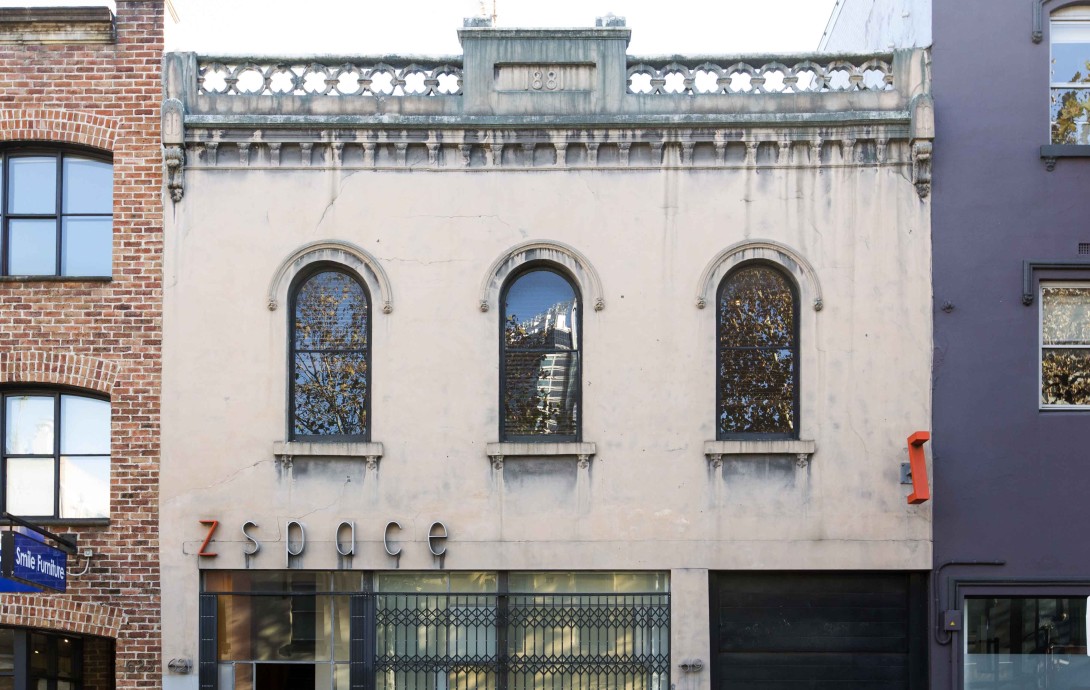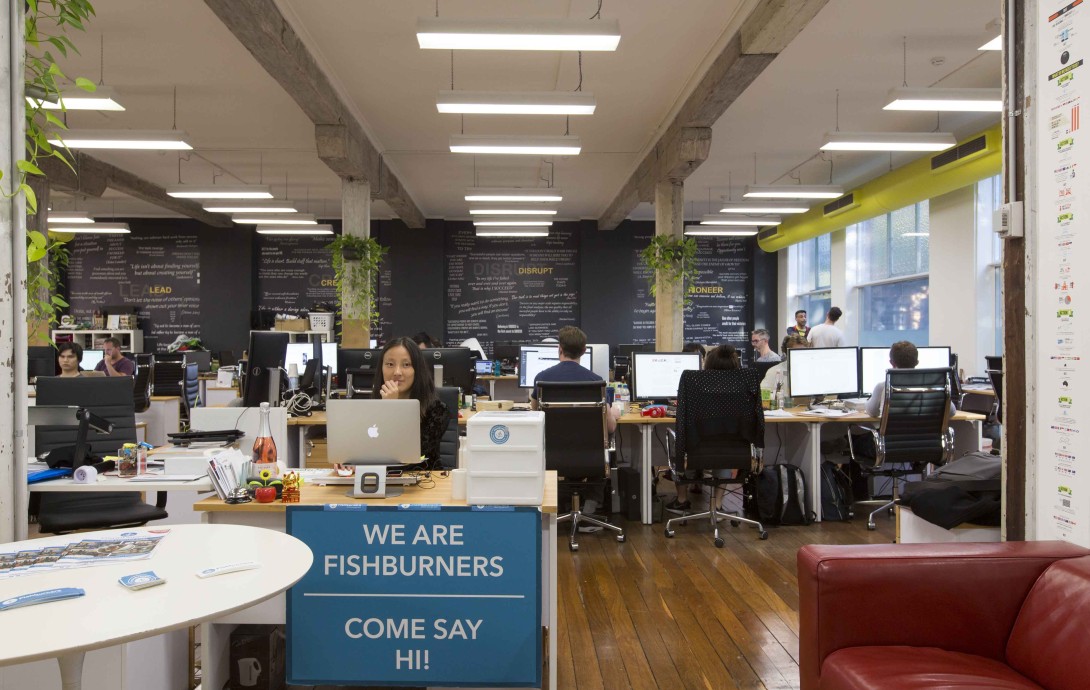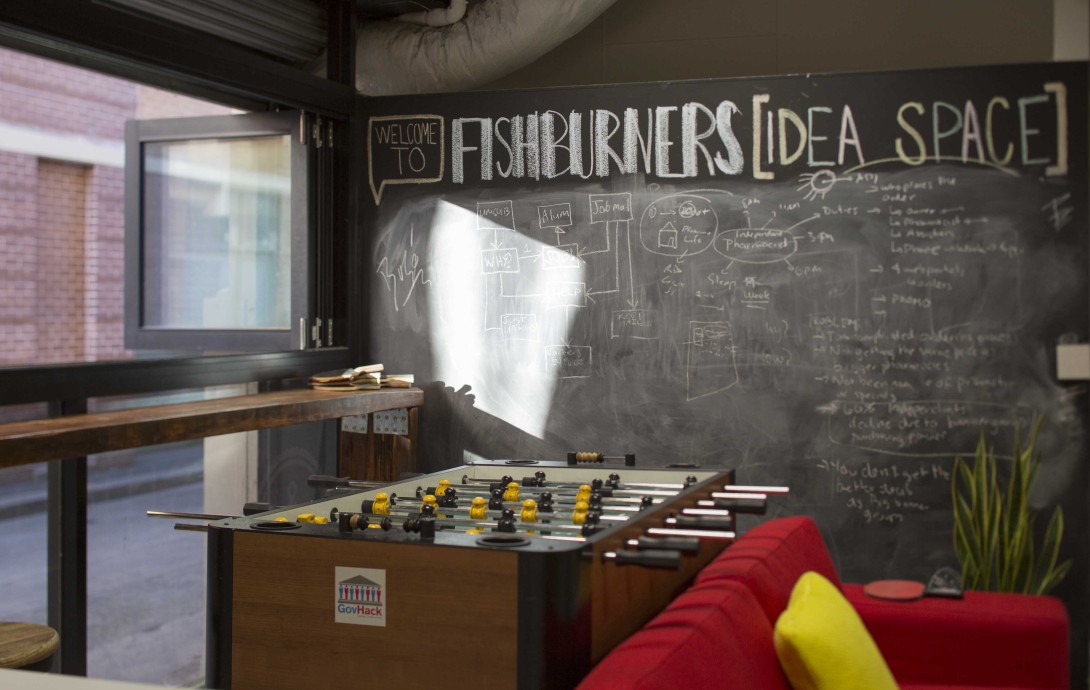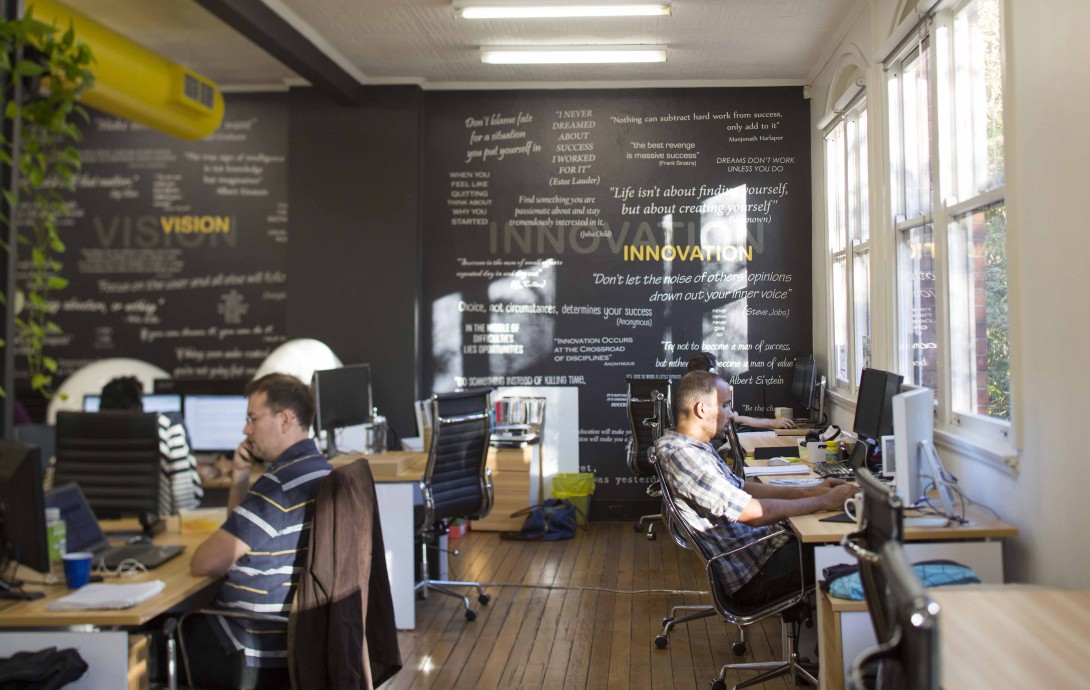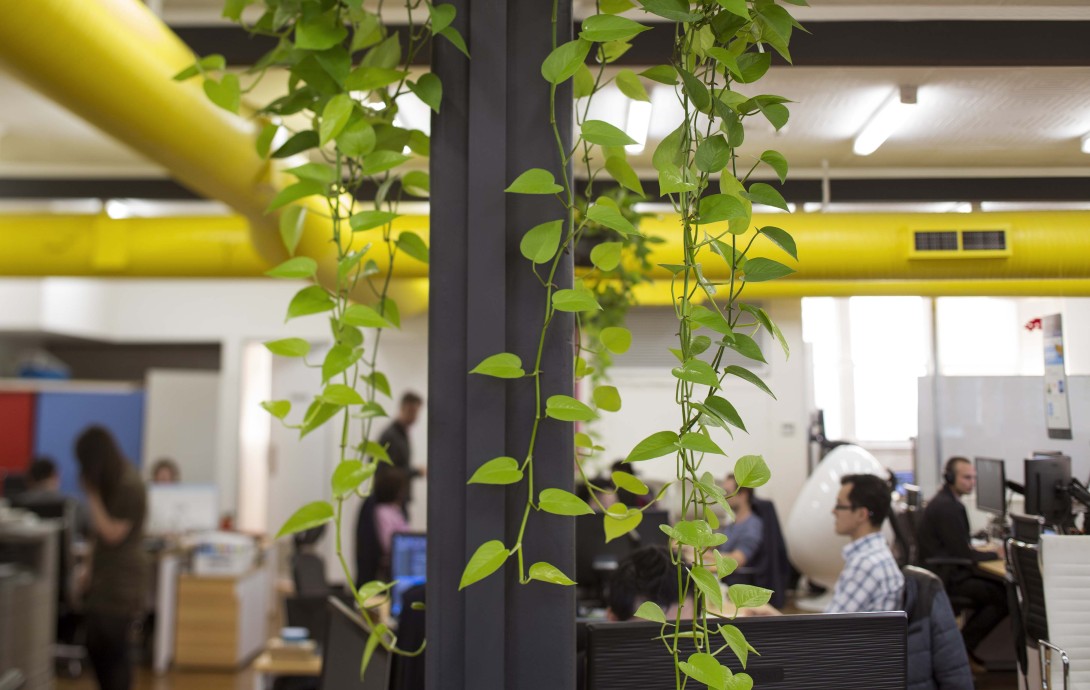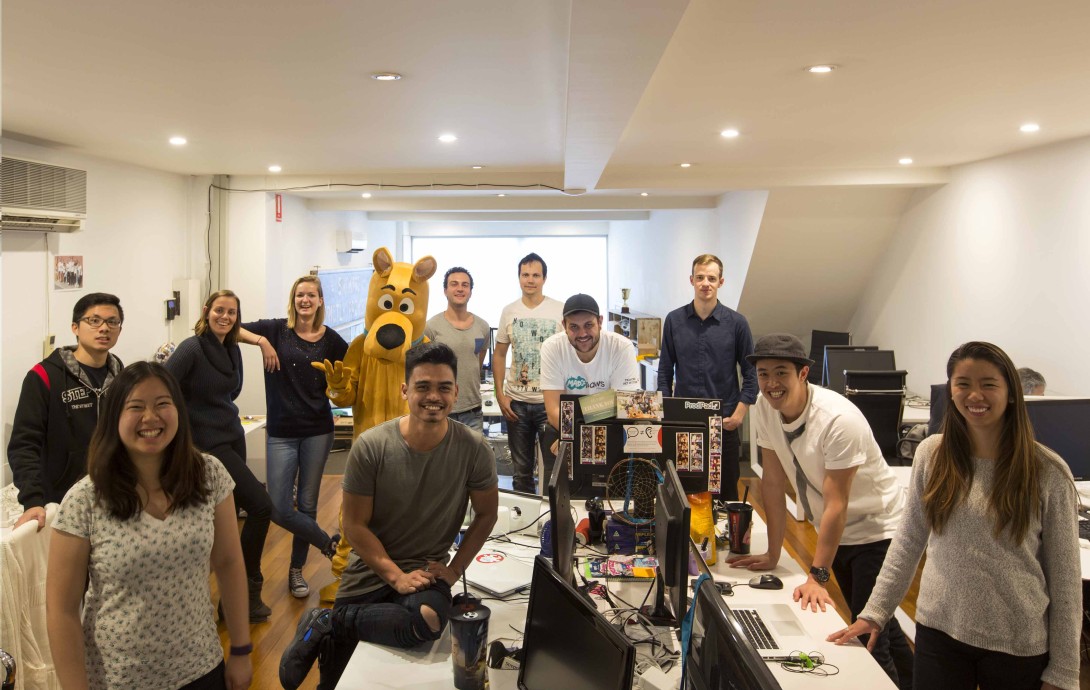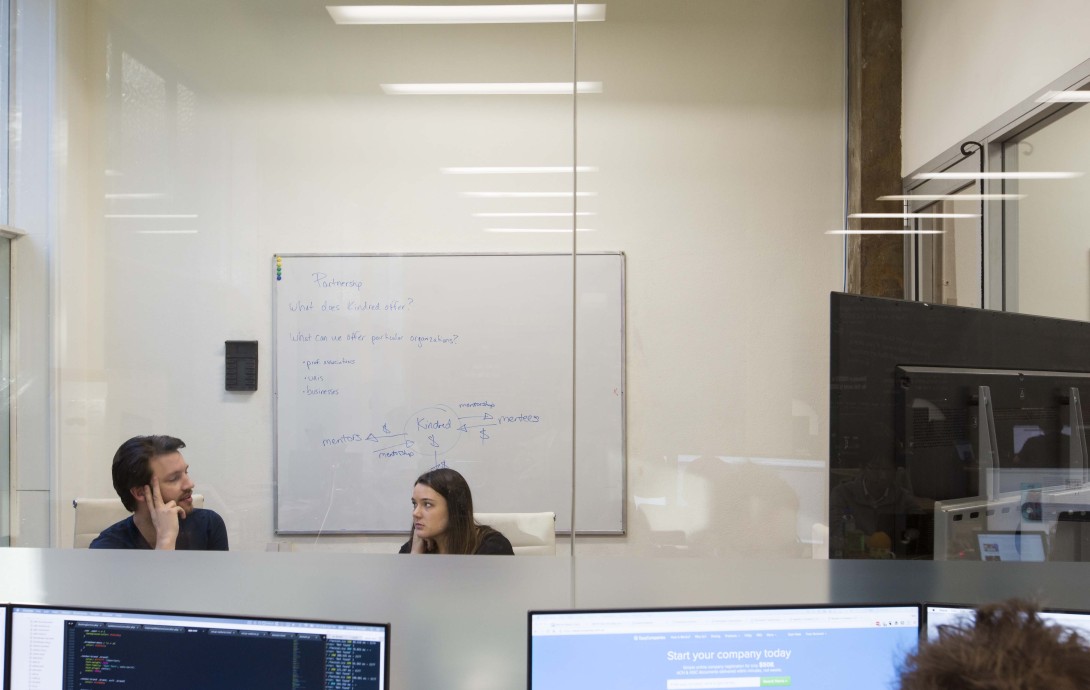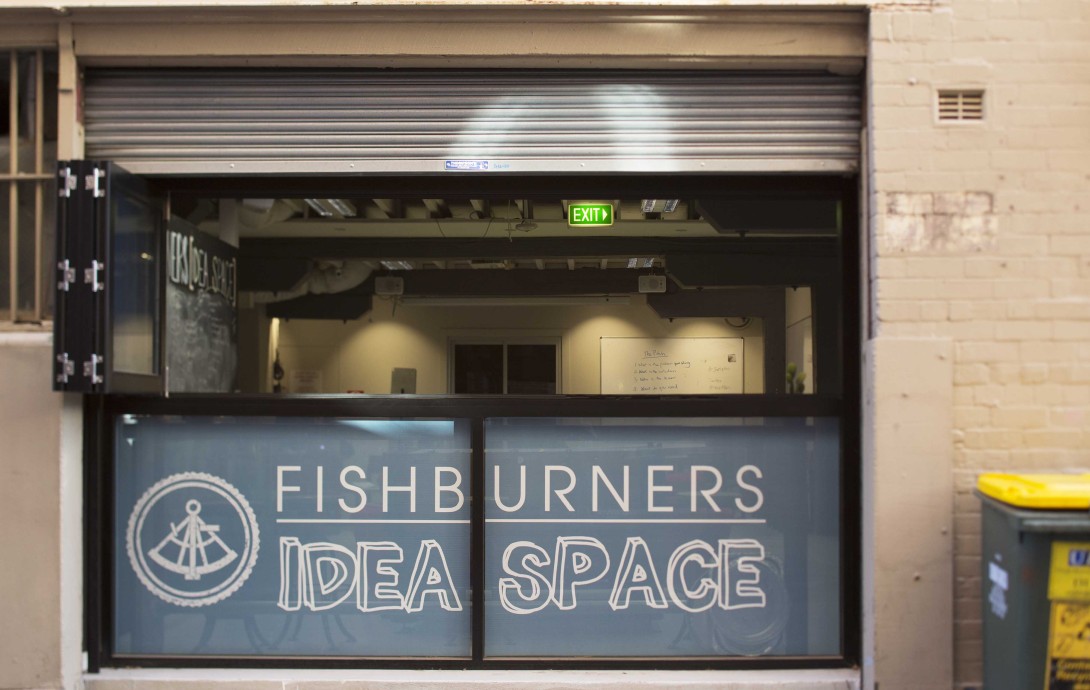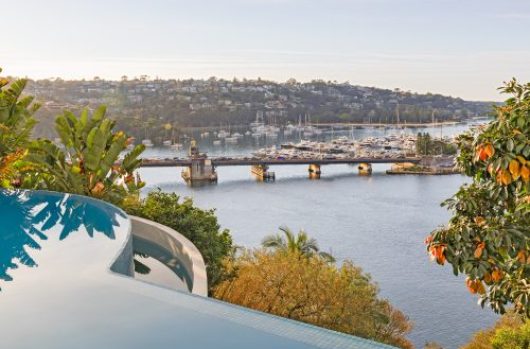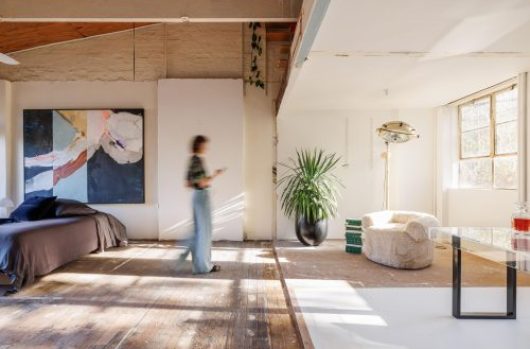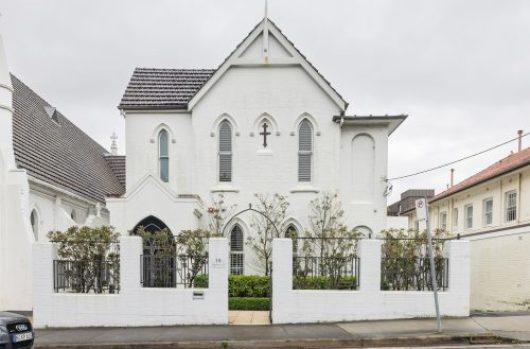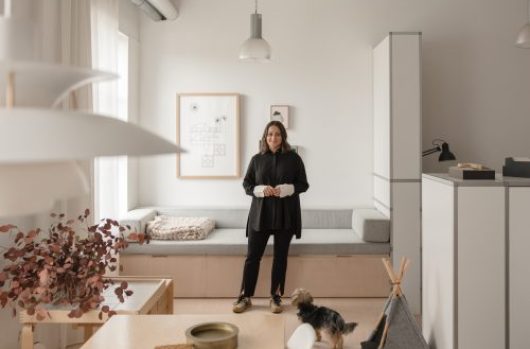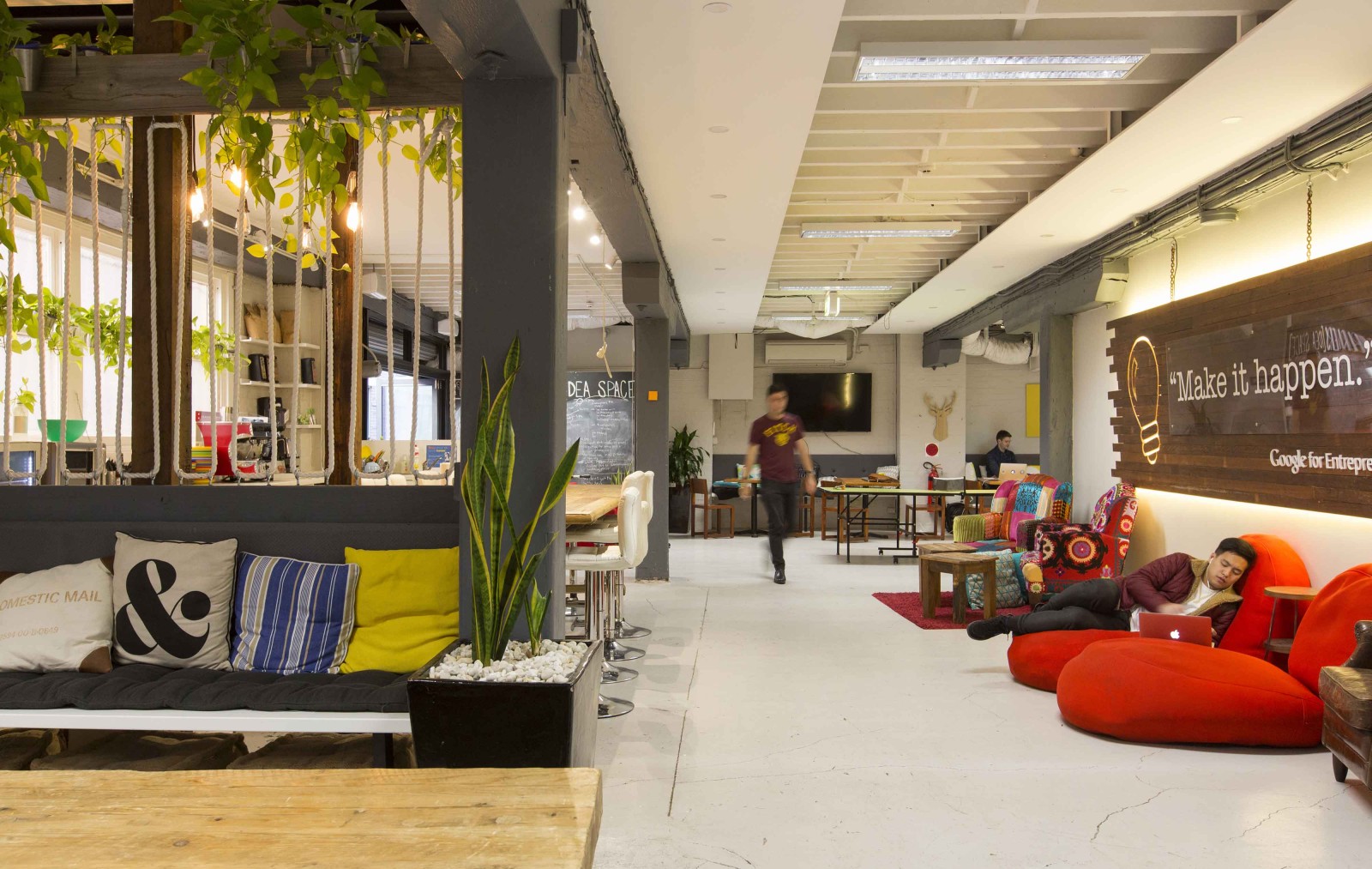
Share the love
Uber, Airbnb, Tinder. We know all the stars of the sharing economy and their Silicon Valley success stories – but how is Sydney faring in this tech revolution? We visited Australia’s largest co-working start-up space, Fishburners, to find out.
We’ve been brought up learning that it’s good to share. And now that we’re adults, it seems we just can’t stop. We share on social media: holiday snaps and selfies; brunch and babies. And increasingly we share physically: our cars, homes and places of work.
We know all about Uber and Airbnb. We’ve used them, and heard their success stories: the two laidback Californians, for example, who launched a platform eight years ago for renting out their airbeds that’s now worth more than the Hilton group.
According to research by Deloitte Access Economics, the sharing economy itself cooks up a “value added” of about $504 million for the NSW economy. So it’s no surprise that local entrepreneurs want in on the action too.
For Sydney’s start-up success stories of the future, cast your eyes towards Fishburners: Australia’s largest co-working start-up space that’s dedicated to creating highly scalable, tech-savvy start-ups that capture markets, quickly. It’s not limited to those working in the sharing economy – on our visit, we met one team working on an AI career advisor app – but in a sense is a microcosm of it: a collaborative ecosystem of ambitious entrepreneurs sharing resources, ideas and knowledge.
And you’ve got to be good to get in: of all the applications received, only those considered scalable are accepted, with 70 per cent currently being knocked back. So if Ultimo itself isn’t quite yet competing with San Francisco’s Silicon Valley as a world-class start-up hub, the tenants here are sowing the seeds.
The Fishburners building on Harris Street is four stories of dynamic work (and play) areas, with all that’s necessary for a productive office space plus fun additions like soundproof egg chairs and a basement kitted out by Google (one of not-for-profit Fishburners’ corporate partners) with a ping-pong table and coffee to keep you going round the clock.
But Fishburners has out-grown this sizeable space and in a few months will move to a much bigger building in the CBD, to a location which will one day soon house all the start-up hubs of Sydney in a three to four block radius, says general manager Murray Hurps.
Hurps, also the co-founder of Ad Muncher, and has been working running start-ups for 16 years. Before Fishburners (named after one of the ships in the First Fleet) launched five years ago, there was nothing quite like this in Sydney. “Thinking back to when I started my first start-up, I would have loved to have a building full of coders, designers, business people and investors running in and out, and multiple start-up-focused events on every day,” he considers. “It would have made such a difference.” Back then, Sydney was not the best place for a start-up entrepreneur to be based but he is happy to see things are changing rapidly in his hometown.
“The number of people doing start-ups in Sydney has increased dramatically over the four years that I’ve been involved in Car Next Door,” says Will Davies, CEO of a peer-to-peer car-sharing platform – you might have seen these guys on Shark Tank recently securing $300,000 in funding from Steve Baxter. “I started at Fishburners and grew from just myself there, to having 18 desks. It’s a great way to grow. Whilst I’ve been there, Fishburners has doubled in size and a bunch of other co-working spaces have popped up supporting start-ups.”
“Sydney is becoming a key player in the start-up world”, says Rebecca Boyd-Bais, co-founder of Friendin – an activity-sharing app to sit alongside Airbnb and Uber. “If we work together as a country to achieve this, we will start to find that we’re not losing our highly skilled professionals to the likes of Silicon Valley.”
“It is exciting to be part of the Sydney – and more broadly Australian – start-up ecosystem, as it feels like things have past a tipping point,” agrees co-founder of new freelance photography start-up, snappr. “Culturally there is an increasing aspiration among young people to pursue start-ups, and government and big business also seem to be taking notice and looking at start-up enterprise as a important part of the future economy.”
Ones to Watch: five sharing economy businesses working out of Fishburners.
Car Next Door
A peer-to-peer car-sharing concept that allows users to borrow cars from their neighbours while they’re not being used. Founded in 2012, Car Next Door is already turning over $2million, has just received $300,000 in funding from Shark Tank’s Steve Baxter and is expanding to new cities: having just launched in Newcastle and with the aim to reach more this year.
“We were inspired to start Car Next Door by the desire to do something to reduce the amount of climate pollution humans are creating,” says communications manager Kate Trumbull. “Personal transport – and in particular, car ownership and overuse – is a big part of that problem.
In Sydney, there are more households with three cars than with no cars – and up to a third of the land in our cities is taken up just by storing cars. Most of them are only used for less than 5 per cent of the time. We’re motivated by the belief that our technology can bring about a mass de-car-ing of Australian society through peer-to-peer sharing.”
Mad Paws
One for the animal lovers, Mad Paws is Australia’s largest sharing economy model for pet sitting and other pet services – with 6,000 pet sitters currently making new furry friends and some extra cash at the same time.
“I am extremely excited about the sharing economy because of the massive opportunities it unlocks in a way that benefits all parties involved,” says CEO Alexis Soulopoulos. “I am convinced that Airbnb is a win-win situation for host and guest, just like Mad Paws is a win-win for pet sitters who love pets and pet owners who are in need for better alternatives to look after their pets when they can’t.”
snappr
Like Uber, but for freelance photographers is how co-founder Ed Kearney describes snappr. Kearney, a photographer himself, aims to grow the business in Australia as well as internationally, to become the world’s largest photography company.
“At snappr we believe that everyone should have amazing photos,” he says. “We also believe in helping grow the world of part-time professional photographers, by giving an easier way to improve their skills and earn money from their skills.”
Friendin
A two-way marketplace that allows users to buy, sell, rent and share experiences, activities and products: like renting out your surfboard or backyard swimming pool for the afternoon, or finding a buddy to hook up with for a bush walk. Vying for a position in the sharing economy alongside Uber and Airbnb, Friendin launches in Australia this August, with aims to launch in the US and UK within six months and to make the app available to every country around the world in five years.
“We wanted to create a company that provides the ultimate happiness”, says says co-founder Rebecca Boyd-Bais. “To achieve this, we focus our mission around putting our users first and educating them that every single person has an awesome skill or talent that they can offer on Friendin. We want our users to feel empowered and become their own boss and to recognise that they can achieve an income from an alternative means other than traditional nine to five jobs.”
